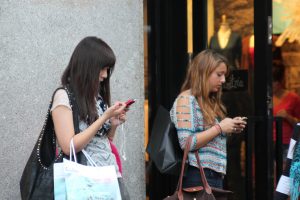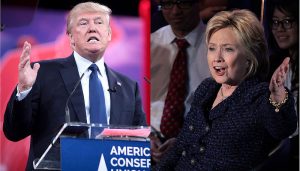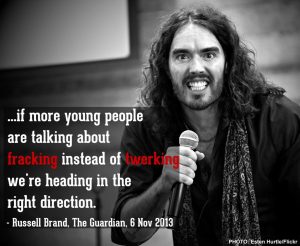The rapid development of the internet has led to an inexorable slide towards near-constant consumption. Incredibly, there are over 3.5 billion internet users as of 2016. How does this affect our attitudes?

This means that the internet is a huge influence on our lives and our generation is doing things in a totally new way. Instead of learning from our dad how to change a tyre, we can ask YouTube. Rather than sending party invitations we can create an event on Facebook. If you have a question about your newborn, you can search medical websites.
Political online communities.
Our political identities are also being shaped online. Thanks to the vast amount of information that we can access, we can read and compare each party’s manifesto with ease. We can find like-minded people who share and develop our opinions and even progress a campaign through the activity of our communities.
During the American elections, Hillary Clinton and Donald Trump were enormously debated online, creating an international divide that continues after the election result.

In the UK, social media is a platform for political debates, campaigning and lobbying. It breaks down barriers between the public and politicians/celebrities. Social media encourages freedom of speech, provides information and facilitates discussions.

Within online communities, eccentric ideas can become normalised among those with similar beliefs. This can be beneficial as it allows a new perspective and brings people out of their sheltered bubbles. For example, Russell Brand reporting ‘The Trews’ and his documentaries seem harmless. He is advocating Marxism (but it he passing it off as his own idea? Hmm), encouraging the public to ‘overthrow’ the government. While I don’t agree with everything he says, it is a refreshing point of view. Sometimes, though, controversial ideas can become normalised to the point of extremist thinking. In some cases, those who have an underlying desire to be part of a community can fall into these ‘extremist’ communities to satisfy a need for validation and acceptance into a group. They feel protected in their masses.
Global effect.
The expansion of previously niche, unpopular political groups means that they are stronger and more widely heard. During a humanitarian crisis, such as the Syrian refugee crisis, every political group shares their opinion of what is right.
Far-right politicians and supporters are going for the self-protection stance. By rejecting all the refugees, they can’t bring crime, use taxpayer money, use up our struggling NHS resources, etc.
To ensure that people succumb to their view, they resort to demonising the refugees. Sometimes for being predominantly Muslim, but always for being different. By creating a division between ‘us’ and ‘them’, we become afraid of the ‘other’. And it is quite easy to make people scared of change. The type who are afraid to learn, grow and diversify.

Leave a Reply